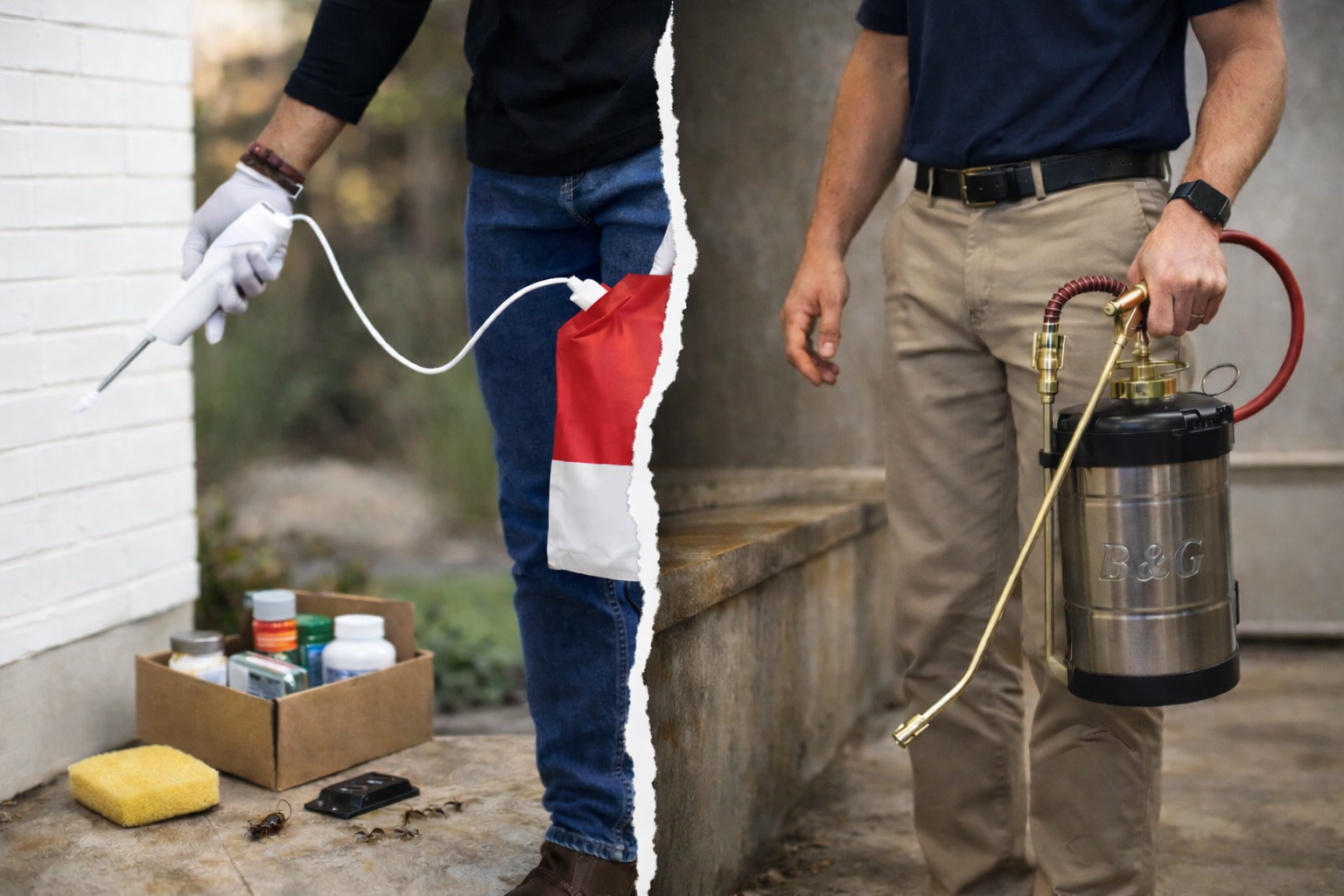5 Things You Didn't Know Can Kill Your Grass: Help for a Healthier Lawn
Your 2022 Guide to a Healthier Lawn

We all want a healthy lawn. Mowing the grass every week, watering it enough to keep it from dying, and fertilizing it with just the right amount of nitrogen is a lot of work! But what about those other things that people don't realize can kill your lawn? In this post, we'll talk about five easy-to-make mistakes that might be killing your grass without you even realizing it. Let's get started!
Over-watering your lawn
One of the most common lawn care mistakes is over-watering. Have you ever noticed that your lawn turns a darker shade after it has rained? Water weighs down blades of grass and can permanently damage them by forcing out nutrients that are essential for its growth (like nitrogen). It also forces oxygen away from the root system, which will eventually kill off parts or all of your lawn if not corrected. If you're looking to keep your lawn healthy, water no more than once per week during dry months and twice per month in wetter seasons. At least two inches should be given each time because too little watering won't allow deep roots to develop while an excessive amount might cause standing water on top of the lawn, which will also lead to problems.
Not watering your lawn enough
Mowing your lawn too low
Applying weed killer before it's time
Fertilizing with an excessive amount of nitrogen
When to hire a professional for lawn care management?
Your Lawn is Thinning Out
If your lawn is starting to look bald or thinning out in certain areas, then you may need some help from a professional. A lawn care professional can help identify the problem and prescribe a treatment plan to get your lawn back on track.Your lawn is showing signs of insect infestation
Whether you have whiteflies, lawn mites, or grubs taking over your lawn, a professional lawn care management company can help. If left untreated for too long lawn insects and pests can really cause damage to your lawn - which means that having them removed as soon as possible is crucial!Your lawn has been hit by lawn fungus
Disease can strike your lawn and spread quickly if you don't know what to look for. If the grass on your lawn has started to turn yellow, brown, or purple in certain areas, it could be time to call a pro. They will identify the problem as well as take steps towards making sure that it doesn't affect other parts of your lawn!So many lawn care companies recommend lawn fungicide as a great way to get rid of lawn fungus. If your grass is looking dull and withered, it might be time for some professional help! A pro can identify the problem quickly and prescribe an effective treatment plan so you don't have to worry about battling lawn fungus in addition to everything else.
Conclusion
When you have worked hard keeping up with lawn care and fertilization, hiring an expert might seem like an unnecessary expense. But when there are so many things outside of your control that could be causing damage to your grass without you even realizing it? You definitely want help ASAP. Trust us: it will save money in the long run if you just let lawn care management professionals handle lawn problems from the start!
As you’ve learned, there are a number of ways that you can kill your lawn without even intending to. If this has got you worried about the health and appearance of your yard, don’t fret! Our team is here to help with all aspects of lawn care management - from insect control to fertilizing. Professional Pestguard is here to help, if you're located in Weston, FL or surrounding areas give us a call at (954) 389-6107 or request your free quote online about
professional ant control services. Our
lawn care management professionals are here to keep your lawn looking beautiful year round!
















